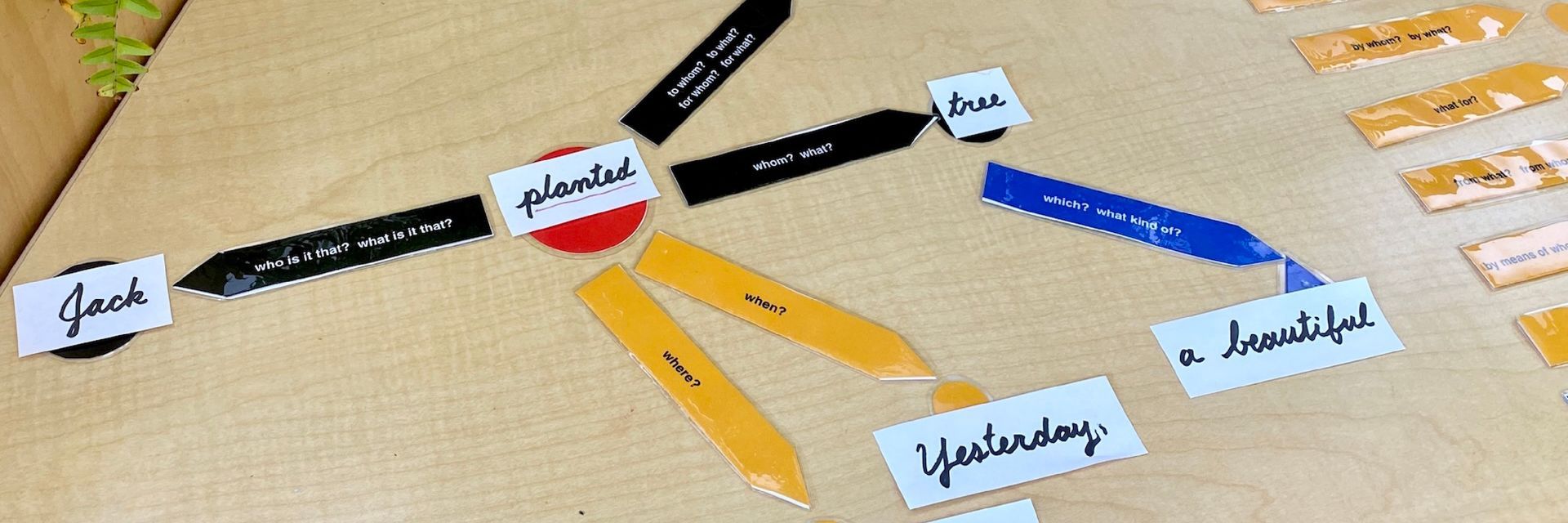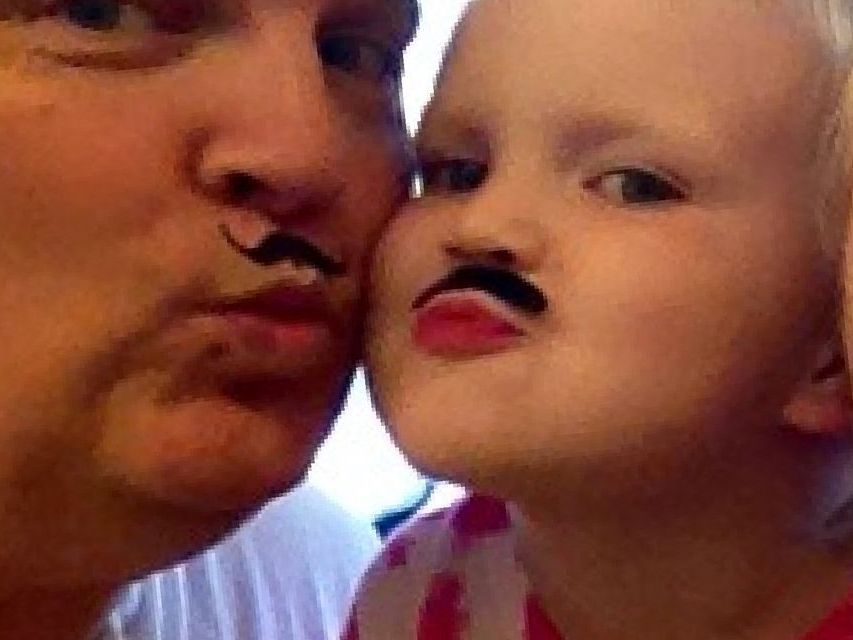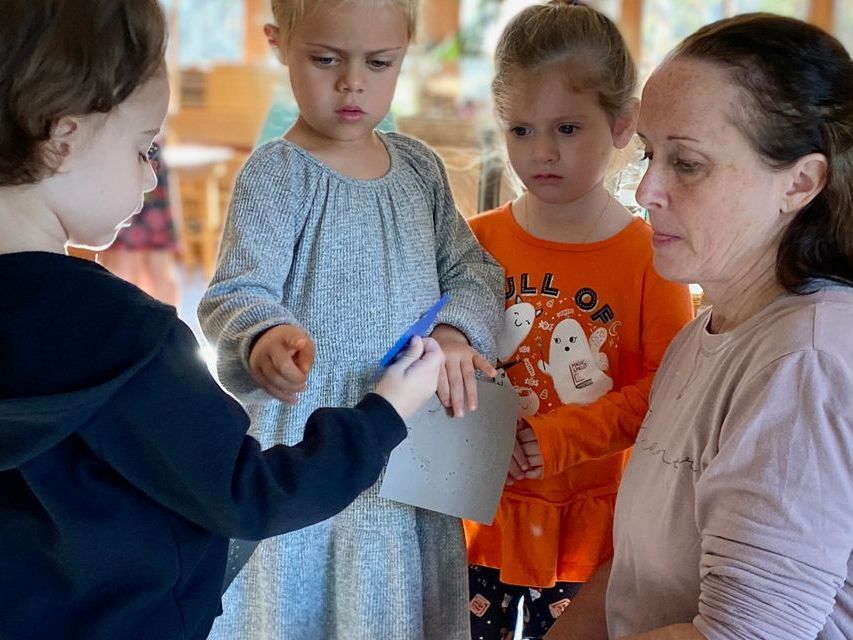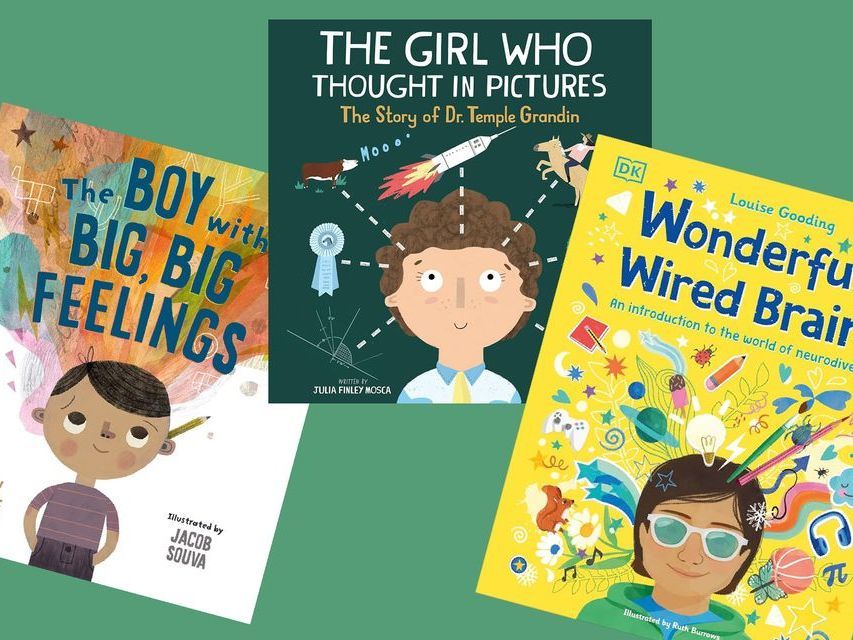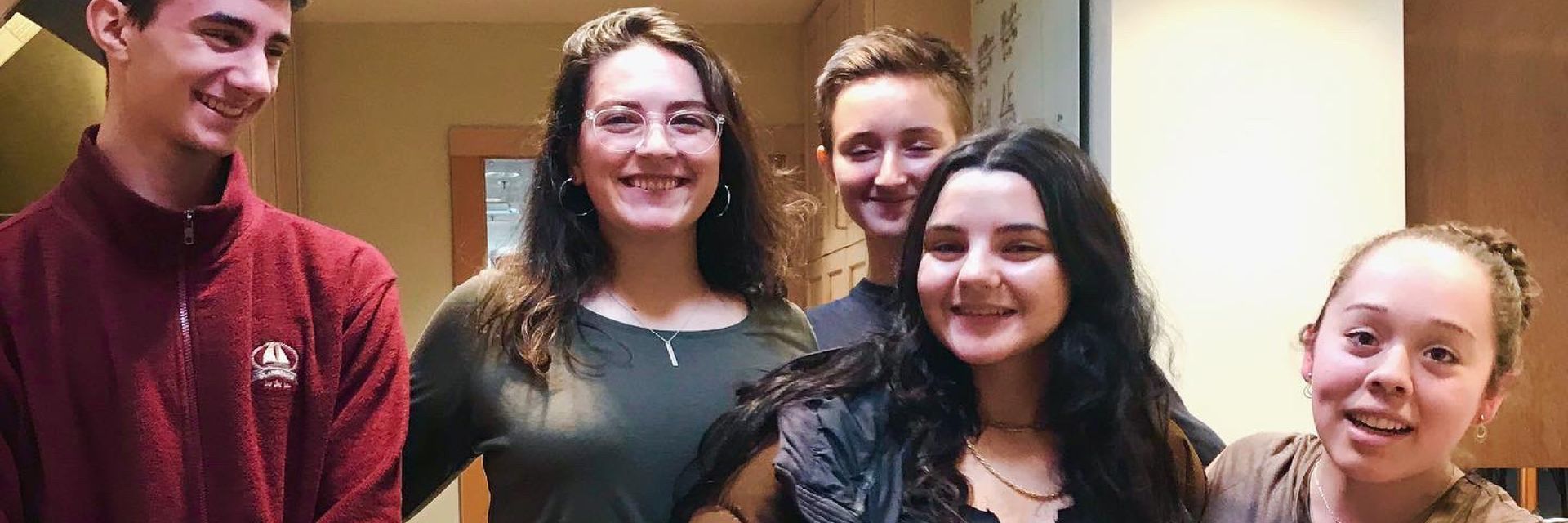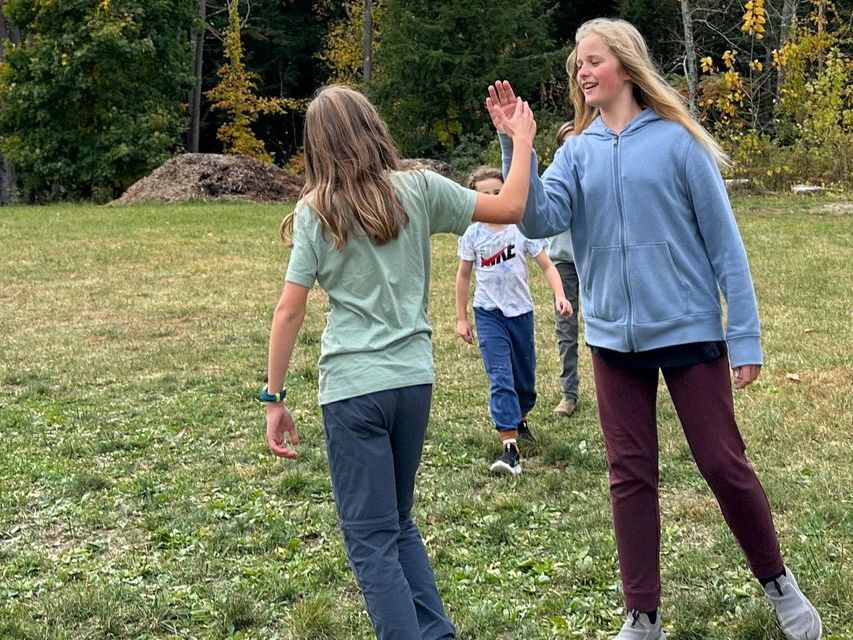Why Choose Montessori?
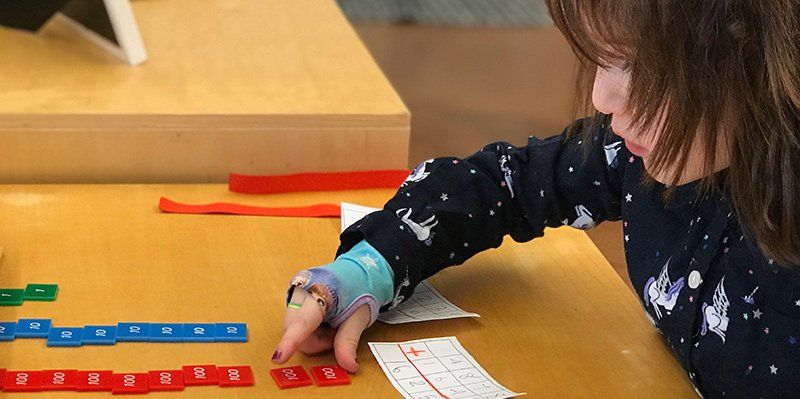
We know parents have choices when it comes to their children’s education. We know these choices are not easy. There are many factors to weigh, but we hope this article will help you make an informed decision at least as far as Montessori is concerned. Montessori education has been successfully serving children and families around the world for over a century. The basics remain, and for good reason. Our methods are consistently backed by current research in education and human development. As we move forward into a new future, we believe Montessori has what it takes to prepare children.
Montessori Meets Children Where They Are, Without Judgement
Conventional methods of education were developed specifically to prepare large numbers of children to enter the workforce. Traditionally, little thought has been given to differentiating instruction or catering to the needs of individual children. That has been changing in recent years, but many schools are still in the early years of personalizing education.
Montessori schools are specifically designed to allow each child to move at their own pace. We know that learning is not linear, and that children are not ready to learn specific skills according to an adult-prepared timeline, or in perfect harmony with their peers. Kids who need more support with certain skills get that support, and those who are ready to move ahead are able to find the challenges they crave. We do not teach a whole class of children the same skill at the same time. That may seem more efficient from the perspective of an adult tasked with teaching, but it’s not necessarily what serves the children the best. No two people should be expected to grow at the same rate, and it’s our job as educators to meet children where they are and give them the support they need to get where they want to be.
Montessori Emphasizes More Than Just Academics
Lots of people use the phrase ‘teaching to the whole child’ but in Montessori schools we mean that on a very deep level. We do not teach just to convey academic information. In fact, academics share equal emphasis with our efforts to develop other aspects of the child, including emotional, social, sensorial, and practical life development. We integrate the arts and movement into everything our children do, rather than isolating these areas of study into a separate class. We intentionally teach children how to navigate and resolve conflict and how to adhere to social norms in a gracious and courteous way.
Our greatest task is, we believe, to give children a global view of the world. We want them to understand the interconnectedness of all things so that as they grow and mature they may be fully integrated members of their greater community.
...But The Academics Are a Huge Strength
The above mentioned being said, Montessori academics are often hailed as some of the highest standards there are. It is not uncommon to see four-year-olds in our schools reading, six-year-olds completing long division problems, and nine-year-olds classifying botanical specimens. These tasks are completed joyfully, in part because we present information in such a way that children discover it for themselves rather than passively taking in facts given by an adult.
Another reason Montessori students seem to work at an advanced academic level is because of what we call sensitive periods. Through years of observation, Dr. Maria Montessori noticed that young children seemed primed and particularly interested and ready to develop certain skills during very specific time periods. While, of course, there is variation between individual children, she noticed some general patterns. One interesting example is the study of geometry. Many of us were first exposed to the subject during our high school years, when it turns out that primary- and elementary-aged children are not only interested in geometry, but have a great capacity to learn far more than we typically give them credit for. This is why you may hear your five-year-old talking about rectangular prisms, or your seven-year-old discussing the differences between isosceles, right, and scalene triangles.
Our Schools Cultivate Community
A Montessori school is more than just a school. First and foremost we are there for our students, but we believe schools have the capacity to be so much more. We aim to make meaningful connections between everyone involved. Some of the ways we do this include:
- Giving our guides opportunities to connect with one another for development
- Encouraging our guides to form connections within the larger Montessori network
- Making sure parents and guides have time to discuss a child’s growth and needs
- Providing opportunities for parents to form relationships with one another
- Supporting families via parent education offerings
- Gathering as a whole school periodically
- Forming bonds between children at different levels
- Reaching out to make connections with the local community
- Giving our educators and families a voice in school decision making
We also believe that it is our job to take the guesswork out of making these types of connections. We aim to build in structures that make it simple for everyone to find commonalities and open streams of communication seamlessly.
Montessori Aims to Lift Up Humanity
We know. This is quite the lofty goal. From the very beginning, Dr. Montessori saw it as her mission to improve the world through education. She believed that by giving children the honor and respect they deserved, the benefits would trickle through to families, the community, and society in general. She believed in equality of all people, and saw that education has the potential to be a great leveler.
Montessori schools aim for peace. This starts between individuals, and teaching our youngest students how to be kind and gracious toward one another. A great respect for the environment and other living beings is another important aspect of our work, as is a reverence for the wide diversity of cultures around the globe. Combined, these elements are meant to cultivate within the child a respect for themselves and others, as well as a desire to ensure connection and fairness for all.
We hope this article has been helpful. To continue the conversation, connect with us for a chat or to schedule a tour and observation. We look forward to meeting you.
